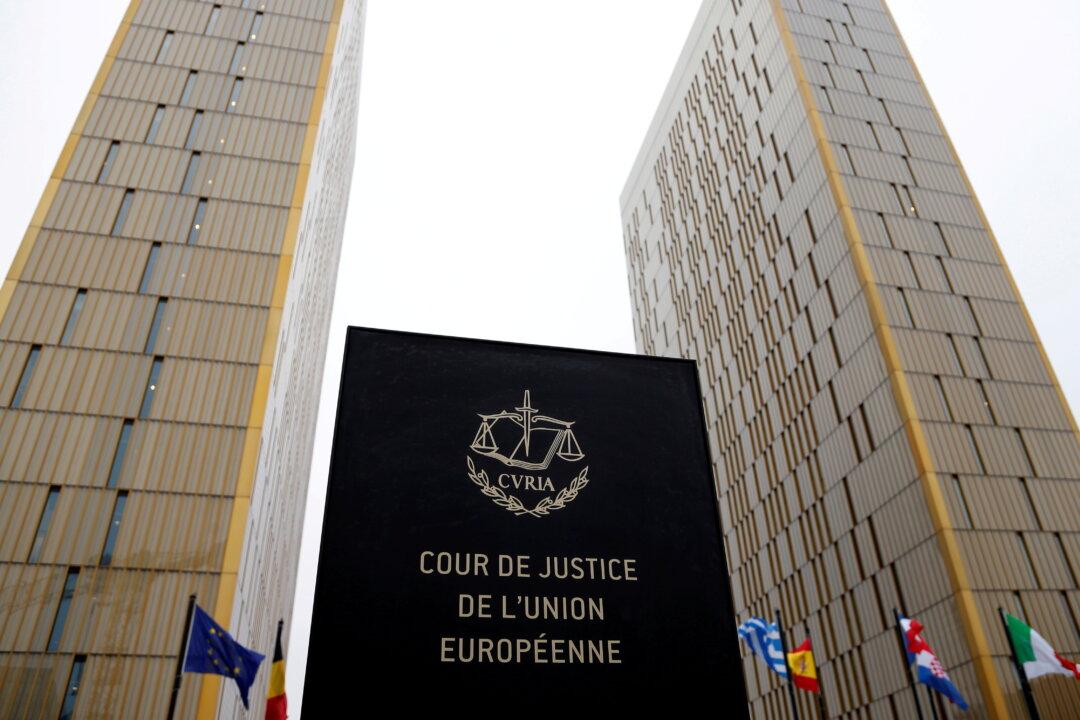The European Union’s high court ruled on Sept. 19 that a British scheme that allegedly granted tax breaks to certain multinational companies between 2013 and 2018 did not breach European Union state aid law.
EU High Court Rules UK Tax Scheme for Multinational Companies Did Not Breach State Aid Law
The European Commission determined the tax breaks gave foreign companies an unfair advantage.

The towers of the Court of Justice of the European Union are seen in Luxembourg, on Jan. 26, 2017. Francois Lenoir/Reuters



